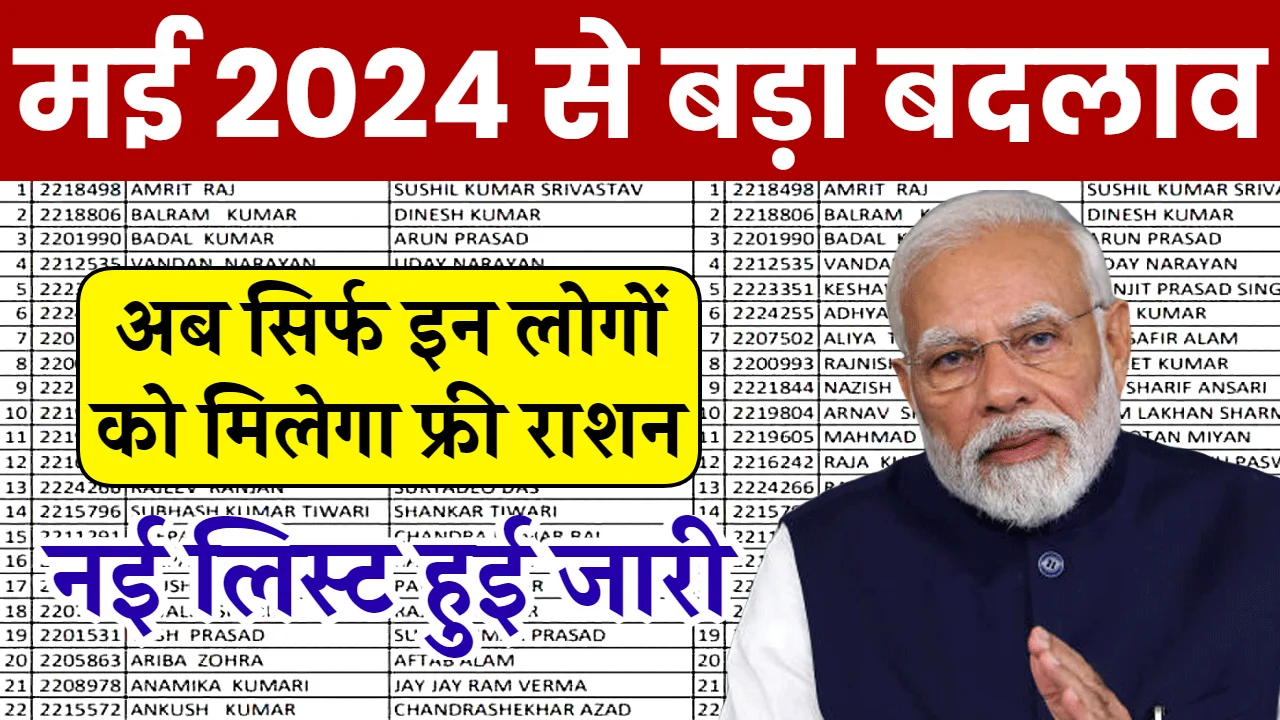What is a Credit Card Balance: A Comprehensive Guide
Credit Cards Balance have become an integral part of modern financial transactions, providing individuals with a convenient means of making purchases and managing their finances. One crucial aspect of credit card usage is the balance, which plays a significant role in determining the financial health of cardholders. In this article, we will delve into the concept of a credit card balance, exploring its definition, components, and implications for cardholders.
ये भी पढ़े: Navigating Legal Waters: Finding the Right Car Accident Attorney in Long Beach
What is a Credit Card Balance
A credit card balance refers to the outstanding amount of money owed to the credit card issuer by the cardholder. It represents the total of all charges made on the credit card, including purchases, cash advances, fees, and interest, minus any payments or credits applied to the account.
ये भी पढ़े: Navigating Legal Waters: Finding the Right Car Accident Attorney in Long Beachvvvvv
Components of a Credit Card Balance:
- Purchases: The primary component of a credit card balance is the amount spent on purchases. Cardholders can use their credit cards to make various transactions, such as shopping, dining, and online purchases.
- Cash Advances: Some credit cards allow users to withdraw cash from ATMs using their credit limit. Cash advances typically have higher interest rates and may contribute to the overall credit card balance.
- Fees: Credit card issuers may impose various fees, such as annual fees, late payment fees, and balance transfer fees. These fees add to the credit card balance when incurred.
- Interest: When cardholders carry a balance from one billing cycle to the next, interest is charged on the outstanding amount. The accrued interest becomes part of the credit card balance.
- Credits and Payments: Credits, such as refunds or cashback rewards, reduce the credit card balance. Payments made by the cardholder also reduce the outstanding amount.
ये भी पढ़े: Unveiling the Technological Innovations of Zachi Porath: A Visionary Pioneer
Implications of a Credit Card Balance:
- Interest Accumulation: Carrying a balance from month to month leads to the accrual of interest, which can significantly increase the overall amount owed. It is advisable for cardholders to pay their balances in full to avoid interest charges.
- Credit Score Impact: The credit card balance is a crucial factor in determining a cardholder’s credit utilization ratio, which is the percentage of available credit being used. High utilization can negatively impact credit scores.
- Financial Planning: Monitoring and managing credit card balances are essential for effective financial planning. Keeping track of spending habits and making timely payments can contribute to better financial health.
- Debt Management: A growing credit card balance may indicate financial strain. Cardholders should be mindful of their spending habits and work towards paying down balances to avoid falling into a cycle of debt.
ये भी पढ़े: Carlisle Homes pursuit of excellence: turning dreams into reality, Exploring the Excellence
Conclusion:
Understanding credit card balances is fundamental for responsible financial management. Cardholders should be aware of the various components contributing to their balance and take proactive steps to maintain a healthy financial profile. By staying informed and making wise financial decisions, individuals can leverage credit cards to their advantage while avoiding potential pitfalls associated with high balances and accumulating debt.
ये भी पढ़े: Laureate International: Exploring the Global Impact of Laureate International Universities










